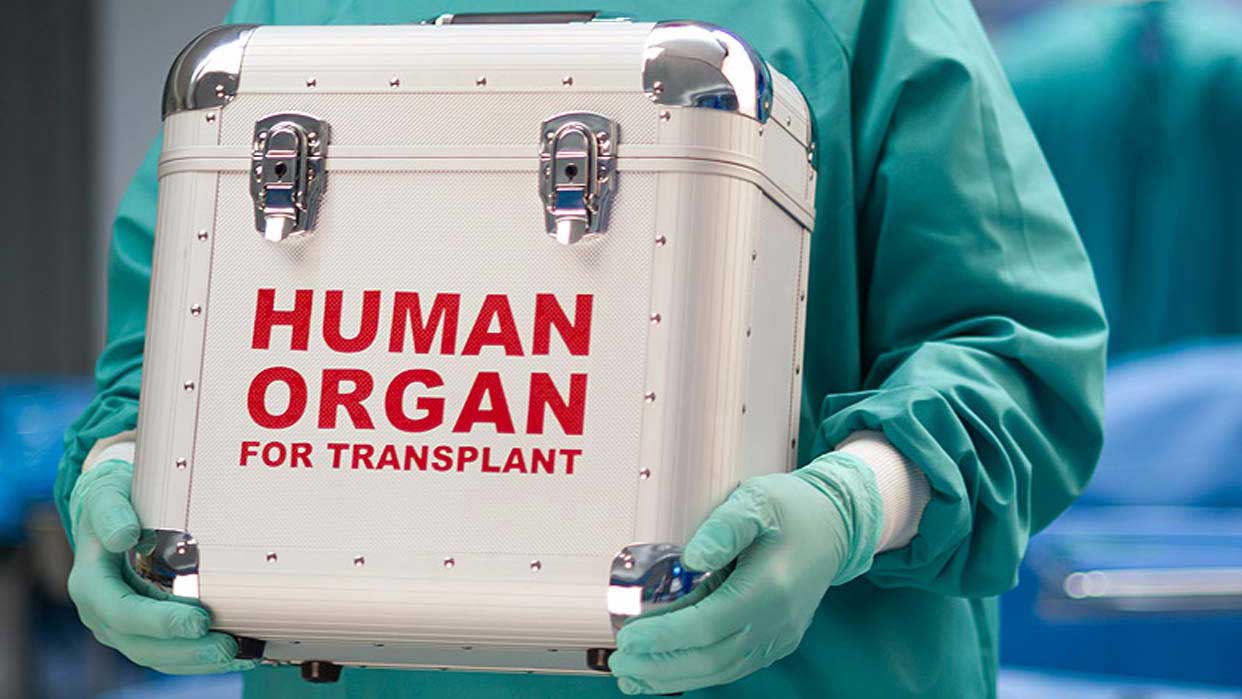Addressing unemployment, funding health systems and protecting victims are key to ending the exploitation behind organ trafficking.
The Kenyatta National Hospital in Nairobi, Kenya, revealed in a 2022 Facebook post that the most common query it received was “How much for my kidney?”. Stressing that it doesn’t buy kidneys, the medical institution wrote, “You can only donate out of free will.”
The post triggered a cascade of tongue-in-cheek comments. “Which organ are you buying currently? Need to sell mine,” one user quipped. Another wrote. “It will be stupid to give this [kidney] for free when they don’t give to the patient for free.”
Yet a sobering reality lay beneath the humour: the desperation fuelling a global criminal enterprise estimated between $840 million and $1.7 billion annually, according to the Global Financial Integrity, a U.S.-based think tank.
A global black market for organ trafficking
Countries like India, Pakistan and Bangladesh have long been favourite haunts for organ trafficking. A 2018 report by the United Nations Office on Drugs and Crime documented more than 700 cases of organ trafficking across much of the Middle East and North Africa.
These underground networks, operating with exaggerated stealth, make detection and prosecution difficult.
Except in Iran, trading an organ is considered illegal in all parts of the world, so victims are often reluctant to report cases, making it hard to measure the exact scale of organ trafficking.
Myths and misconceptions worsen this dynamic. In Africa, superstitious beliefs in the use of human body parts for money and influence are prevalent. Many still confuse sophisticated organ-trafficking operations for ritual killings.
This general lack of awareness stymies law enforcement, as traffickers especially exploit these cultural mechanisms to ensnare victims into giving up vital organs like the kidneys.
The kidney is by far the most trafficked organ in the world. Humans can survive on one, and extracting a kidney entails a relatively simple surgical procedure compared with organs like the heart or lungs. Depending on the market demand, a kidney can sell anywhere between $5000 and $20,000.
The black market for kidneys also benefits from broader factors at play. In the UK, for example, the waiting lists for kidney transplants have lengthened since the pandemic, as cases of diabetes, obesity and hypertension have soared.
Limited access to transplant services—combined with a shortfall in altruistic donations—has driven this surge, pushing vulnerable patients to illicit options.
Globally, less than 10% of the demand for organ transplants is met each year, according to the Global Observatory on Donation and Transplantation. The WHO estimates that around 10% of transplants performed across the world used organs sourced from the black market.
In Africa, there are great setbacks for organ transplant services. The continent has only 35 kidney transplant centres concentrated in countries like South Africa, Ivory Coast, Nigeria among others. Experts cite limited skilled personnel and underfunding for this deficit.
As a result, wealthy patients travel overseas to buy an organ for an illegal transplant in what is known as transplant tourism. Sometimes African nationals are trafficked abroad for organ renewal.
The sophisticated nature of organ trafficking is thanks to a complex syndicate featuring brokers (who connect buyers with victims), facilitators (hospital administrators and customs officials that manage logistics and paperwork) and medical specialists (who carry out the illicit transplants).
Trafficking syndicates typically prey on the desperation of impoverished donors or undocumented migrants, who are less likely to report abuse.
In March 2023, the UK tried its first organ-trafficking case linked to the influential Nigerian politician Ike Ekweremadu and his wife. The couple conspired with a broker to lure a young man to the UK from Lagos for his kidney.
The Ekweremadu trial revealed how political influence and the absence of victim protection deepen the dangers of organ trafficking. Fearing retaliation, the victim expressed reluctance to return to Nigeria.
The transnational nature of organ trafficking will make it difficult to defeat altogether. Still addressing poverty and unemployment—two primary drivers—is crucial. Traffickers build on false promises of education and work abroad to appeal to victims.
Similarly, dispelling myths with strategic public campaigns will unravel the confusion around ritual killings and organ trafficking.
Supporting victims through reintegration programmes such as the proposed Victim Trust Fund is pivotal.
Until then, the seemingly light-hearted question–”How much for my kidney”–will continue to echo as a grim reminder of the desperation that drives this billion-dollar trade.
Summary not available at this time.






